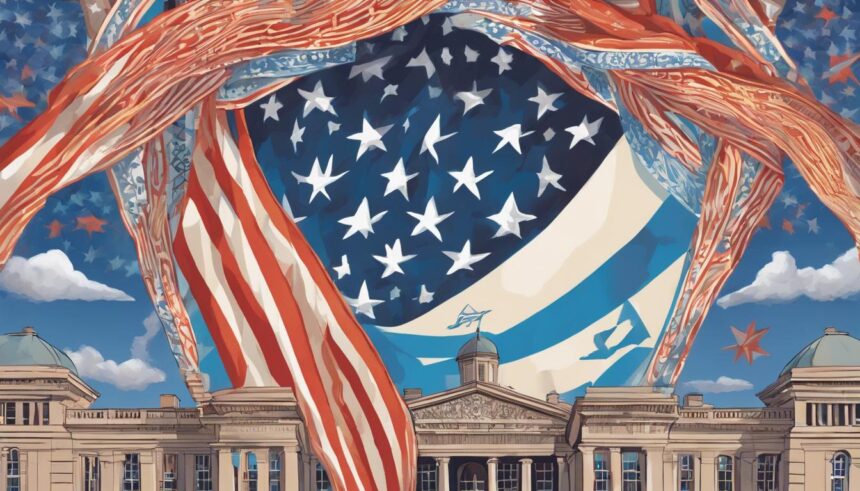With bipartisan support, Congress explores the addition of a museum to the Smithsonian Institution focused on the American Jewish experience, signalling a step towards greater understanding and inclusion in the face of rising antisemitism.
In an ambitious move that may weave a more comprehensive tapestry of the American narrative, Congress is deliberating on adding a new jewel to the crown of the Smithsonian Institution: a museum dedicated solely to the American Jewish experience. With bipartisan and bicameral support, this initiative marks a significant point of recognition and celebration of Jewish contributions to the fabric of the United States.
The proposed legislation, surrounded by an air of anticipation and support from key political figures and major Jewish organizations, aims to study the feasibility of assimilating the Weitzman National Museum of American Jewish History into the Smithsonian’s illustrious array. Located in Philadelphia, a city steeped in the annals of American history, the Weitzman stands at a crossroads of national identity and cultural narrative, making it a fitting candidate for this monumental transition.
Since its inauguration in 1976, the Weitzman National Museum has been at the forefront of exploring and interpreting the American Jewish journey. Its presence on Philadelphia’s Independence Mall, encapsulated within an architecturally significant building designed by James Polshek, speaks volumes about the museum’s dedication to preserving and promoting Jewish American Heritage. As the United States continues to grapple with rising antisemitism, integrating the Weitzman into the Smithsonian Institution signifies a bold stride towards education, understanding, and inclusion.
The Smithsonian Institution, a beacon of knowledge and culture, already houses museums that celebrate the richness of America’s minority communities, such as the National Museum of African American History and Culture and the National Museum of the American Indian. The inclusion of a museum dedicated to the American Jewish experience would not only enrich this cultural mosaic but also reinforce the country’s commitment to diversity and historical acknowledgement.
Amidst a disturbing rise in antisemitic incidents across the nation, this move is timely. The White House’s issuance of The U.S. National Strategy to Counter Antisemitism underscores the urgent need for increased awareness and education about Jewish American heritage. A Smithsonian museum dedicated to this cause could serve as a national platform for confronting hate through enlightenment and empathy.
Supporters of this initiative, including a wide range of political leaders and community advocates, argue that the Weitzman’s integration into the Smithsonian family would not only elevate the museum’s mission but also ensure that the story of Jewish Americans reaches a wider audience. By highlighting the Jewish American experience as an integral thread in the nation’s fabric, this effort seeks to combat prevailing stereotypes and prejudices through the power of education and representation.
As discussions proceed and the prospect of the Weitzman National Museum of American Jewish History joining the ranks of the Smithsonian becomes more tangible, one can’t help but see this as a beacon of hope. Against the backdrop of rising hatred and division, the potential of establishing a museum that celebrates the resilience, contributions, and rich heritage of Jewish Americans is indeed a cause for celebration. Beyond mere acknowledgment, it is a testament to the unwavering spirit of unity and the enduring belief in a more inclusive and comprehensive rendition of the American story.





